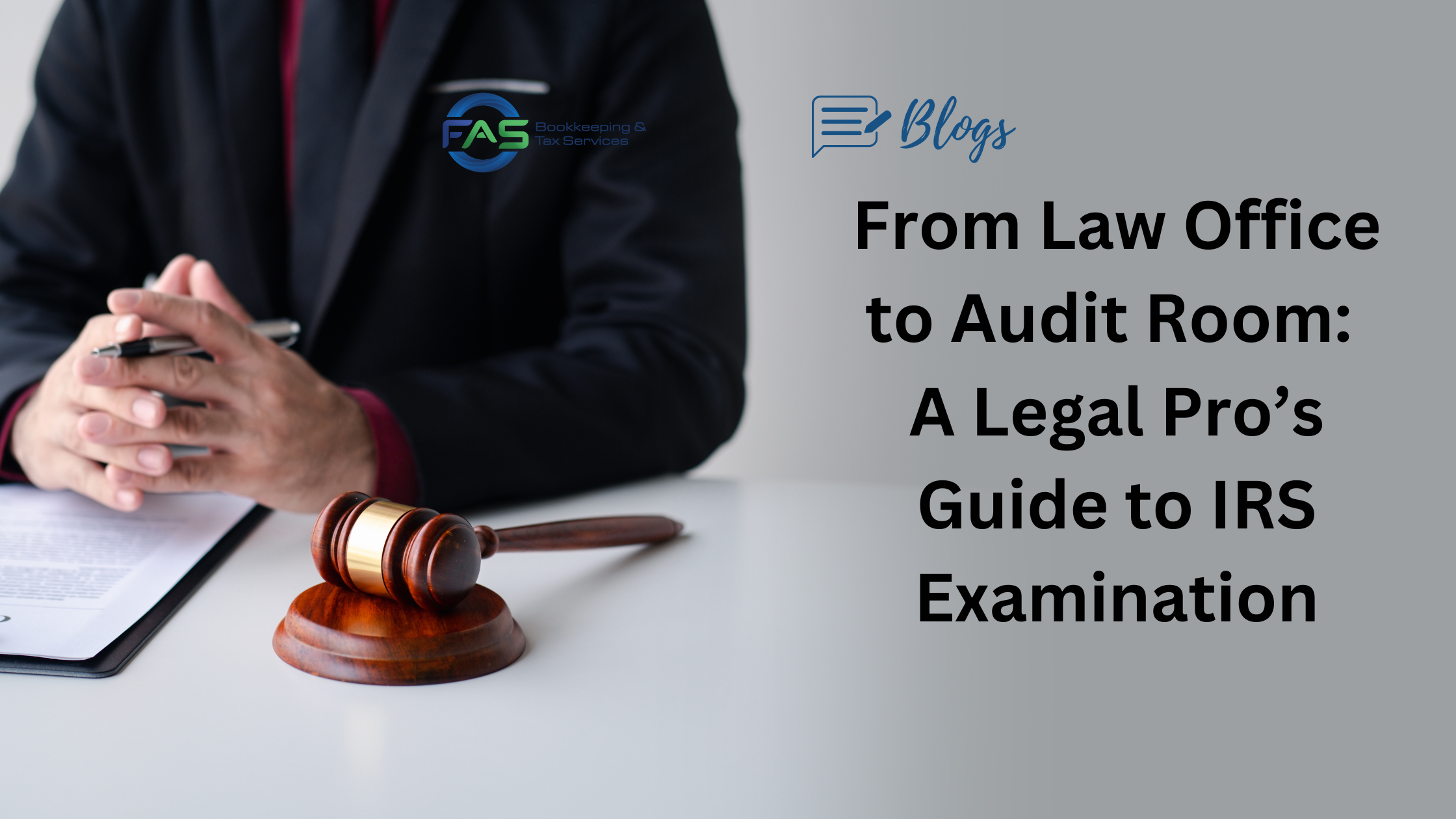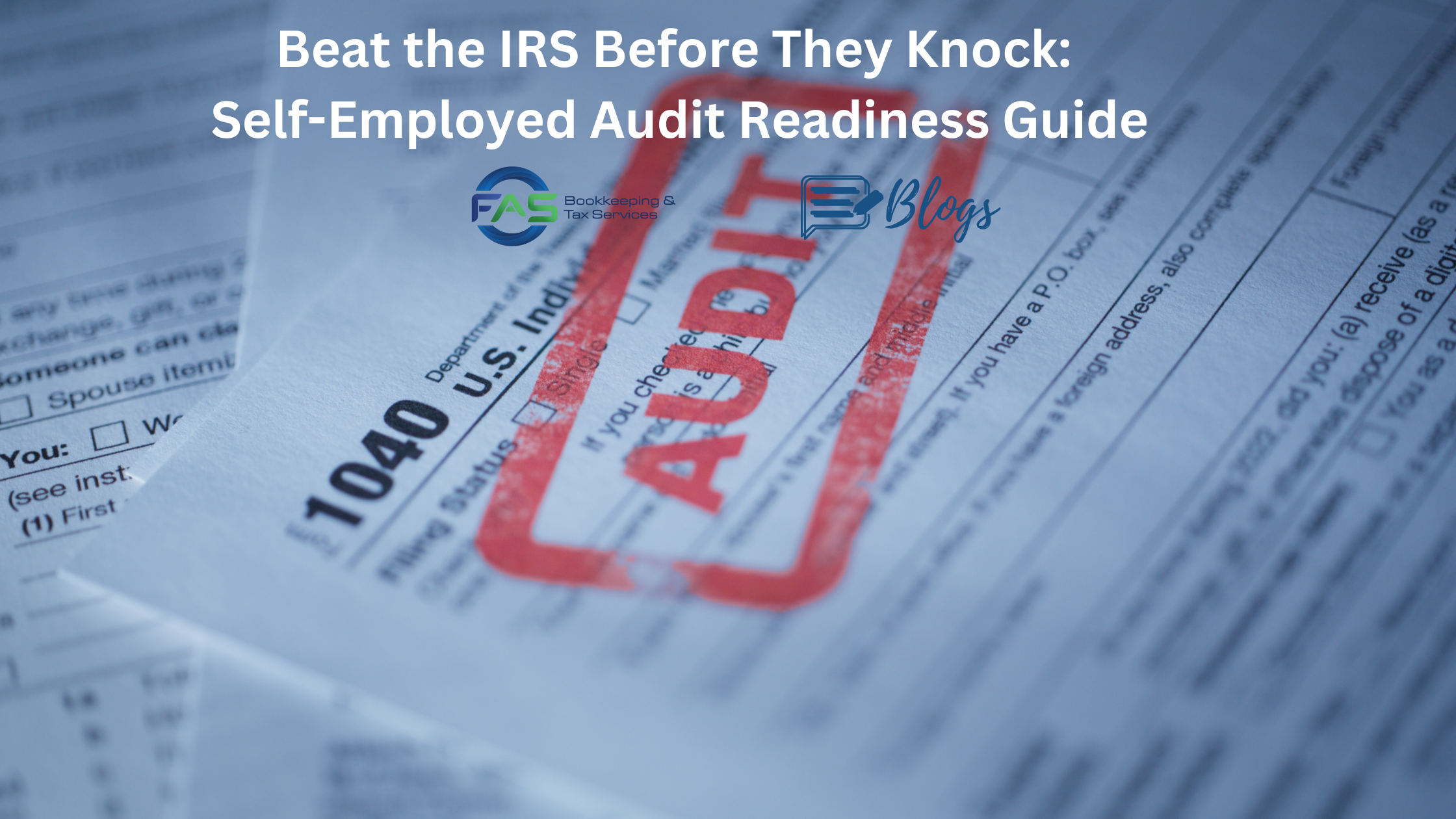Just 0.45 percent of taxpayers were audited in fiscal year 2019. Still, with taxes becoming more complicated every year, there is an even greater possibility of confusion turning into a tax mistake and an IRS audit. Avoiding “red flags” like the ones listed below could help.
Red Flags That Trigger IRS Audits
- Claiming Business Losses Year After Year
When you operate a business and file Schedule C, the IRS assumes you operate that business to make a profit. Claiming losses year after year without any profit raises a red flag with the IRS. - Failing to Report Form 1099 Income
Resist the temptation to underreport your income if you are self-employed or have a second job. The IRS receives the same 1099 forms that you do, and even if you didn’t receive a Form 1099 when you think you should have, you can’t be sure the IRS didn’t either. If the IRS finds a mismatch, you are sure to hear about it. - Early Withdrawals From a Retirement Account
In general, if you withdraw money from a retirement account before age 59 1/2, you will need to pay a 10 percent penalty. You will also owe income tax on the amount withdrawn unless you qualify for an exception. Sometimes – but not always – these types of early withdrawals trigger an audit, typically a correspondence audit where the IRS sends you a letter. - Hobby Losses
Income derived from a hobby such as operating a vineyard or breeding horses must be reported on your return. Expenses are deductible up to the amount of that income. On the other hand, you can only deduct losses if you run your hobby like a business, i.e., with a reasonable expectation of making a profit. Most hobbies that make a profit in three years out of five are considered a business. - Excessive Business Expense Deductions
Too many deductions for your income and type of business, claiming 100 percent use of a car for business and inflating business meals, travel, and entertainment expenses are examples of excessive business expenses that could raise a red flag. Always save receipts and document your mileage and expenses. - Overestimating Charitable Deductions
Taxpayers that don’t itemize can take an above-the-line deduction for charitable contributions made in tax year 2020 on their tax returns of up to $300 for qualified charitable cash donations that reduce taxable income. The maximum amount for 2020 tax returns is $300 (i.e., not $600), even if you are married filing jointly.For taxpayers that do itemize, taking disproportionately large deductions as compared to your income could raise a red flag. The IRS keeps records of average charitable donation at various income levels, and even if you inherited a large sum of money and want to donate it to charity, there’s a chance you could get audited.
- Failing to Report Winnings or Claiming Big Losses
Professional gamblers report winnings/losses on Schedule C, Profit or Loss from Business (Sole Proprietorship). They can also deduct costs related to their professions, such as lodging and meals, for example. Gambling winnings are reported on Form W-2G, which is sent to the IRS. As such, you must report this income. You may deduct gambling losses, but you must itemize your deductions on Schedule A (Form 1040) and keep a record of your winnings and losses. Ordinary taxpayers (recreational gamblers) report income/losses as “Other Income” on Schedule 1 of their Form 1040 tax return.
What To Do if You Are Audited
If you’ve received correspondence from the IRS in the U.S. mail that indicates that you are being audited, don’t try to handle it yourself. Instead, contact a professional, like an Enrolled Agent, immediately for assistance.
FAS Bookkeeping and Tax Services has an Enrolled Agent that can assist you with your taxes during this tax season. If you need help, contact us today at admin@fas-accountingsolutions.com or 713-855-8035.




